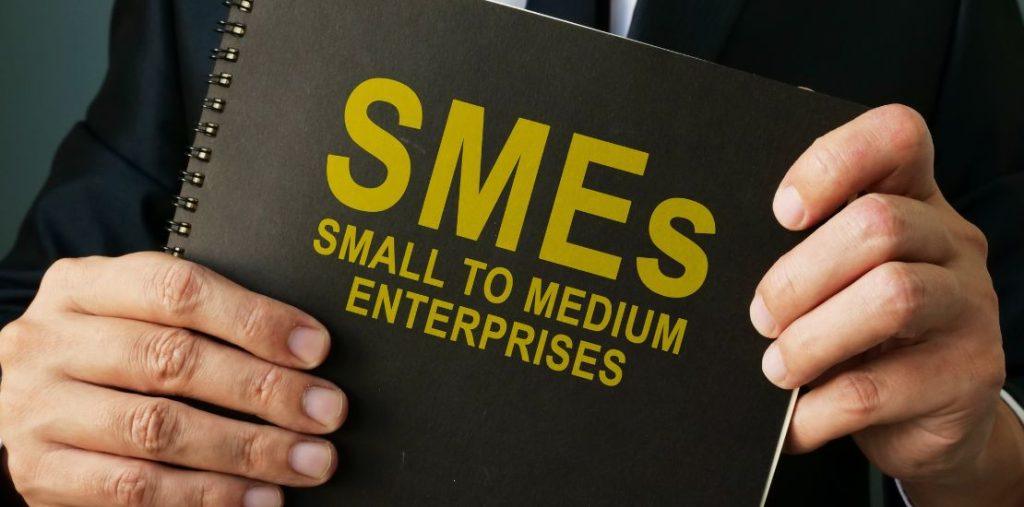The Federal Budget was handed down on 9 May 2023. This was the second budget of the current Government. Here are the key things to know for small and medium businesses.
No change to rates
There is no change to the marginal rates of tax paid by individuals or companies. Remember that from 1 July 2024 (the so-called Stage 3 tax cuts), the marginal rates of tax for resident individuals will be 0% ($0 – $18,200); 19%($18,201 – $45,000); 30% ($45,001 – $200,000) and 45% ($200,000+). This means that around 94% of all taxpayers will have a 30% marginal tax rate applying to them from 1 July 2024.

Budget Small business 2023: energy incentive
This will apply for the year ending 30 June 2024 only. The incentive means that you can get an extra 20% tax deduction for eligible costs up to a maximum amount of expenditure of $100,000. That is, if your business spends $100,000 on eligible expenditure in the year ending 30 June 2024, you would be able to claim an extra $20,000 as a tax deduction.
If your business is being operated through a company that is being taxed at a rate of 25%, this means that the company will get an extra tax refund of $5,000. We will not know exactly what types of expenditure are included in this incentive until the legislation is released. However, we are told that it will apply to expenditure on electrification of assets and improvements to energy efficiency.
Depreciation of assets
You should be aware that the ability to write off the total cost of most assets will cease from 30 June 2023 (that’s this month!). From 1 July 2023, for small businesses, assets costing less than $20,000 may be written off for tax purposes totally. This will only apply for the year ending 30 June 2024. Assets which cost above $20,000 may be added to the small business pool. This means that the cost of the asset added to the pool will be depreciated at the rate of 15% in the first year and 30% thereafter.
Tax instalments
Many businesses pay tax through the PAYG (pay-as-you-go) instalments system. An uplift factor is applied under the legislation in order to calculate the amount of tax instalments that are payable. This rate was to be 12% for the next financial year. It will now be set at 6%.
Superannuation contributions
From 1 July 2026, superannuation contributions will need to be made at the same time that employees are paid their wages. Currently, superannuation contributions are required to be made by the 28th day following a particular quarter.
Tax administration
The Australian Taxation Office will be given a number of resources to “help small businesses to engage with the tax system”. One particular point of focus will be ensuring that small businesses are paying the right amount of GST.
Resource:
- Details of Budget 2023-24: https://budget.gov.au/
- Federal Budget Small and Medium Business 2023: www.business.nab.com.au/wp-content/uploads/2023/05/Federal-Budget-2023-24-What-does-it-mean-for-Small-and-Medium-Businesses.pdf
- www.smallbusiness.nsw.gov.au/news/federal-budget-2023-24-what-it-means-small-business
Related Articles:



